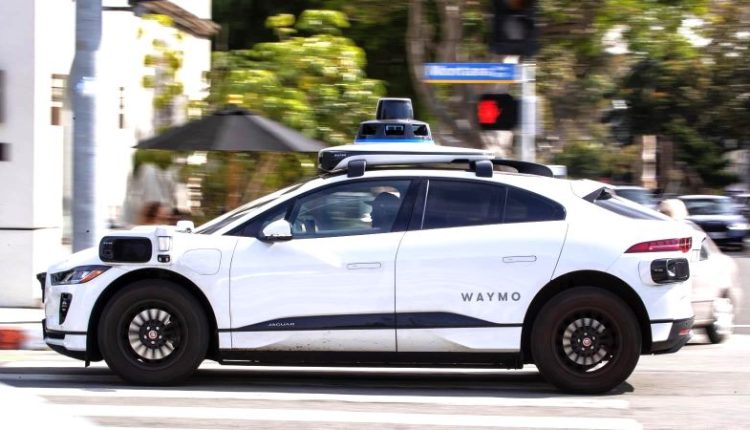U.S. lawmakers urge stricter regulation of driverless vehicles
Lawmakers and labour unions in California have joined forces to advocate for tighter regulations on driverless vehicles, particularly autonomous trucks, following a series of safety incidents involving self-driving vehicles from major tech companies.
The call for action comes in the wake of recent accidents involving self-driving taxis operated by General Motors and Alphabet’s Waymo, prompting concerns about the safety and reliability of autonomous technology.
Waymo robotaxi was vandalized during Chinese New Year celebrations, marking a significant escalation in anti-driverless vehicle sentiment in the U.S. This incident follows previous accidents, including a collision with a cyclist and a major accident involving a GM Cruise robotaxi dragging a pedestrian.
“Those accidents have put an exclamation point on the need for legislation,” said Senator Dave Cortese, who is sponsoring a bill to grant cities greater control over permits for autonomous vehicles (AVs) and enforcement of related laws. Presently, only state regulators oversee permitting processes.
Another proposed bill seeks to mandate the presence of a trained human driver in self-driving vehicles weighing over 10,001 pounds, a category that includes commercial trucks.
“It’s a common-sense measure that keeps humans on board a truck until we have a plan for our workers and we’re sure that tech bros aren’t jamming unsafe technology down our throats,” State Assembly member Cecilia Aguiar-Curry said at the rally on Monday.
The reintroduction of the truck bill follows Governor Gavin Newsom’s veto of a similar measure last year, citing confidence in the existing regulatory framework. However, the recent Cruise accident prompted renewed efforts to pass the legislation, with backing from the Teamsters union, which has long voiced concerns about the safety implications and potential job losses associated with autonomous vehicles.
Also Read: Waymo robotaxi accident prompts regulatory scrutiny
Peter Finn, a vice president at the Teamsters, asserted that the Cruise and Waymo incidents underscore the unpreparedness of autonomous technology for widespread deployment and the necessity for stringent oversight.
While tech companies, crucial contributors to California’s economy, have yet to comment on the calls for increased regulation, the debate surrounding autonomous vehicles remains contentious. Some argue that tightening regulations could stifle innovation, while others emphasize the paramount importance of public safety.
The ongoing investigations into the Cruise and Waymo incidents highlight the complex regulatory landscape surrounding autonomous vehicles. While some states permit the testing and operation of self-driving trucks, California is grappling with the challenge of crafting regulations that balance innovation with safety.
Governor Newsom’s stance on the reintroduced truck bill remains uncertain, with a spokesperson indicating that the governor will evaluate the legislation on its merits if it reaches his desk, refraining from further comment on pending legislation.
As the debate over the future of autonomous vehicles intensifies, stakeholders continue to grapple with balancing technological advancement with public safety concerns.


Comments are closed.